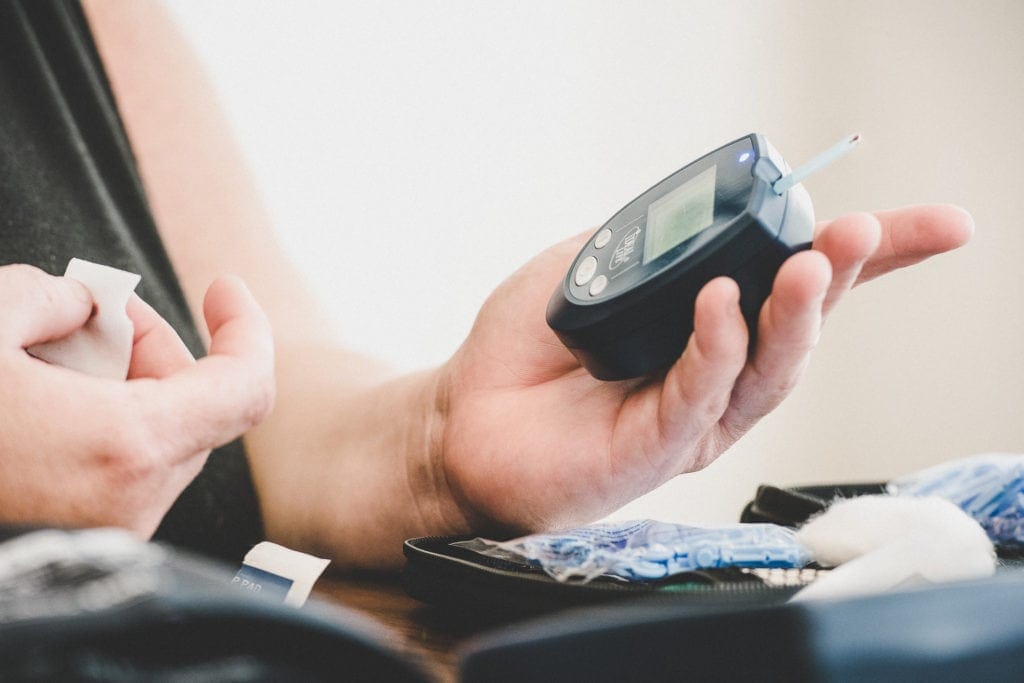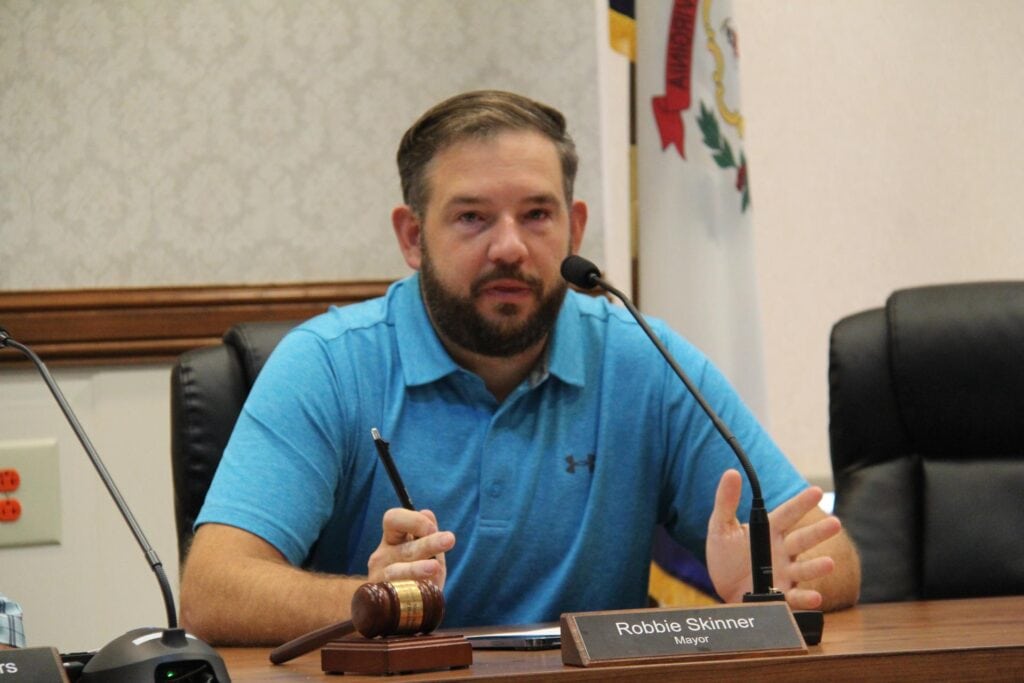According to the Centers for Disease Control and Prevention, rural Americans are more likely than their urban counterparts to die prematurely from the five most common killers: heart disease, cancer, unintentional injury, chronic lower respiratory disease and stroke. Telehealth—the use of technology to provide healthcare remotely—is an emerging way to combat these trends. And it’s growing in popularity.
West Virginia University researcher Steve Davis is piloting an intervention program that uses telehealth to connect rural West Virginians with nurses who can help them manage—and even prevent—conditions like these. The program will focus on individuals being discharged from long-term care facilities as they transition to life back at home.
“Can telehealth be used to help people who are in some kind of institution—and are getting ready to be discharged—to prevent them from being re-institutionalized so that they can live and thrive in their community, near their family?” said Davis, an associate professor of health policy, management and leadership in the School of Public Health.
His research team includes Jennifer Mallow from the School of Nursing, Margaret Jaynes from the School of Medicine, Nathan Pauly and Lindsay Allen from the School of Public Health and Marcus Canaday from the West Virginia Bureau for Medical Services.
The year-long program will start accepting participants this fall. The approximately 30 people who enroll will be rural West Virginians who are receiving services through Medicaid “traumatic brain injury” or “aged and disabled” waiver programs. They will have recently left a long-term care facility, such as a nursing home or an inpatient rehabilitation center. And they will likely have a range of conditions they must manage at home, including diabetes, hypertension and obesity.
“We looked at Medicaid claims data to see what some of the top reasons were for these individuals going back to an emergency department or a hospital,” Davis said. “We designed the program based on what we were seeing.”
Each patient will be given a scale; a thermometer and devices to track glucose levels, blood pressure and blood oxygenation. Those at risk of falling will also get a fall monitor. The patients’ medical team will help them set up the equipment and instruct them how—and how frequently—to use it.
All of the devices will transmit data to nurses charged with monitoring the patients’ health 24/7. If any metric deviates from a healthy range—or, in the case of fall risks, if a patient falls—a nurse will be notified, day or night.
Finding out about a medical problem as soon as it arises may prevent what Davis calls a “cascade” of events that can land someone in long-term care again. For example, if a diabetic patient’s blood sugar rises to a moderately high level, a nurse can call, remind the patient to take his or her insulin, and try to prevent future spikes by pinpointing the food that triggered the increase. This way, the patient can get his or her glucose level under control promptly, before it reaches a severely high level that necessitates a trip to the emergency room.
In addition, Davis and his team plan to implement semimonthly calls from nurses to keep tabs on patients’ pain and mental health. “If there’s any worsening of mental health, that can lead to someone being re-institutionalized,” he said.
At the end of the pilot program, the researchers will assess its cost-effectiveness based—in part—on the number of times patients are hospitalized, readmitted to long-term care facilities and seen at the emergency department or an urgent care clinic. The team expects telehealth to drive these numbers down.
“We know that telehealth does things like reduce healthcare costs and reduce ER visits, but it also makes nurses more accessible to patients, and it creates an opportunity for an adequate amount of care with fewer nurses. There’s a massive, nationwide nursing shortage right now,” said Mallow, an associate professor in WVU’s Adult Health Department. “With telehealth, we’re actually able to spend more time with patients—time that would otherwise be spent traveling or charting or running from one patient to another onsite.”
That’s especially true for home-health nurses who serve rural populations and may spend hours on the road to visit one patient. “In West Virginia, we call that ‘windshield time,’” Mallow said. “Telehealth can give us more meaningful contact with patients, while spending less time traveling.”
When the pilot program concludes, the researchers will also survey the patients and healthcare providers to determine their satisfaction with the service and how it could be improved.
“Telehealth itself—once it’s up and running—is pretty easy to use, from an end user perspective, but actually designing and implementing it can be very complicated,” Davis said. “You’ve got competing visions and goals. You’ve got to deal with comorbidities, all of the different types of technologies, a whole range of devices and vendors. Because of that, we believe that telehealth has not reached its widespread potential—especially in a rural environment.”
What the study reveals can suggest ways to overcome these logistical obstacles and fulfill the promise of telehealth.













